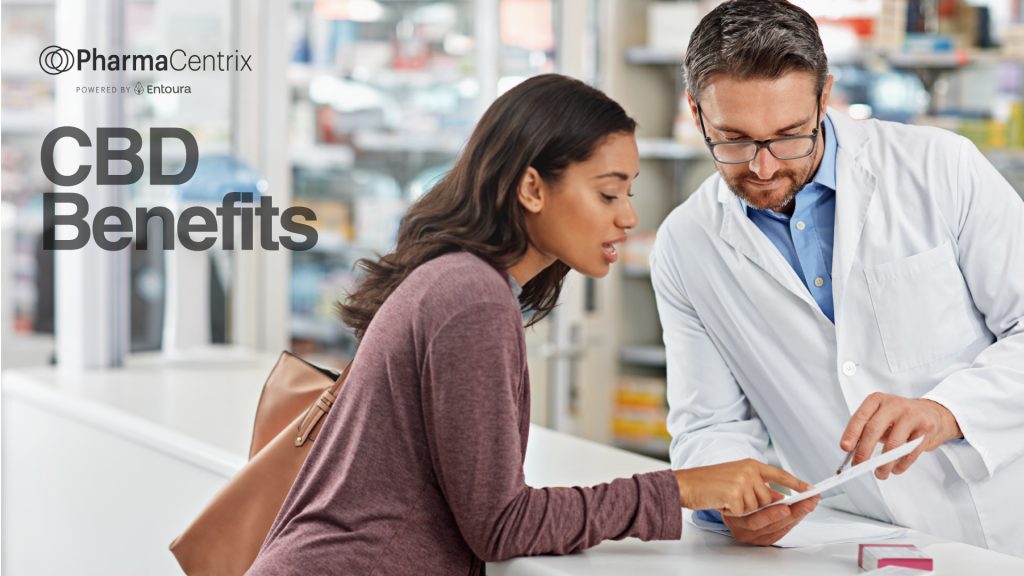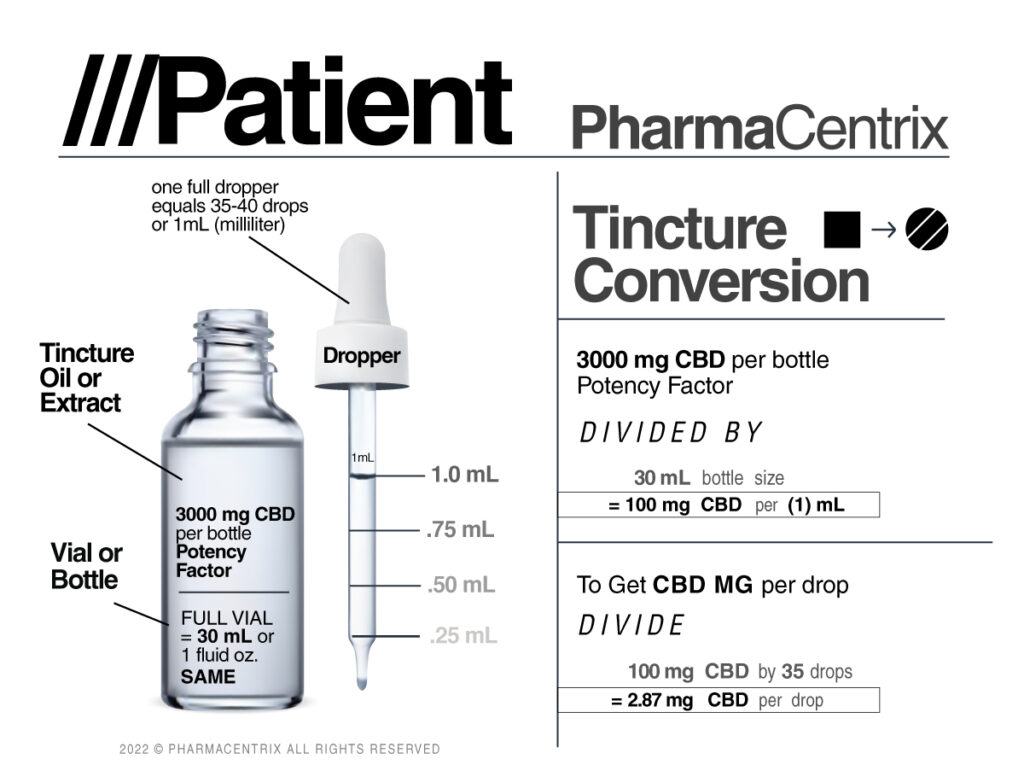
Welcome to our CBD 101 page! Our goal is to provide you, as a pharmacist, with the latest and most comprehensive information on CBD. We understand that the world of CBD can be overwhelming, which is why we have created a CBD Glossary that covers common terms and phrases you may encounter. By becoming familiar with these terms, you will be better equipped to navigate the CBD landscape, educate, and provide the best possible recommendations to your patients who are interested in using CBD as an alternative medicine.
In addition to the glossary, we have provided detailed overviews of CBD 101 topics that are essential to know. We invite you to explore further and learn about the various benefits of CBD, how it works, dosage and safety considerations, different types of CBD extraction methods, as well as the range of CBD extracts and products available. Each summary is accompanied by a “Learn More” button that will take you to a detailed article on the specific topic.
**For clarity, we would like to mention that the term “CBD” is commonly used by CBD brands to refer to all hemp-derived non-psychoactive full and broad-spectrum extracts or products. Unless otherwise stated, “CBD” on this site also refers to all hemp-derived non-psychoactive full and broad spectrum extracts or products.**
CBD Benefits

Isolated CBD, or cannabidiol, has been the subject of many studies, and the results suggest that it may have medicinal benefits for a variety of conditions. These benefits may include pain relief, reduced anxiety, improved sleep, and more. Studies have shown that CBD may be effective in treating seizures, reducing inflammation, and even combating cancer. Isolated CBD has shown potential in treating anxiety disorders and depression.
Some studies suggest that CBD may even help with addiction, reducing withdrawal symptoms and cravings. However, further research is still needed to fully understand the benefits of isolated CBD.
How CBD Works
Isolated CBD, CBN, THC and others fit like a lock and key into existing receptors. These receptors are part of the endocannabinoid system (ECS), which regulate metabolism, neurotransmitters, hormones, immune function, pain, cardiovascular and other physiological functions. The ECS comprises multiple types of receptors. CB1 and CB2 receptors are the most well-known and well-studied receptors, but other receptors such as TRPVs, GPCRs, PPARs, 5-HT, GABA, and Adenosine receptors are also considered to be part of the larger ECS and serve distinct functions in animal health and well-being.
CBD Safety
CBD products are generally considered safe to use, but like with most dietary supplements, it’s important to be aware of certain safety precautions.
Isolated CBD interacts with certain medications: It is essential for people taking medications to consult with their healthcare provider before taking CBD products.
Using CBD products may cause side effects: Some people may experience side effects such as dry mouth, diarrhea, nausea, drowsiness, and changes in appetite when using CBD products.
CBD products are not FDA Regulated: Given that CBD products under the Farm Bill are not currently regulated by the FDA, it is crucial to conduct extensive research and purchase these products from reputable sources to help ensure their quality and safety.
CBD Dosage

Finding the right dosage of CBD can be a bit tricky, as it depends on a variety of factors, such as your weight, the condition you’re trying to treat, and the type of product you’re using. The dosage of CBD can vary depending on the form of CBD, method of ingestion, and concentration. It is best to start with a low dose and gradually increase to find the dosage that works best for you. It is important to note that the FDA has not yet established recommended daily dosages of CBD for any specific medical condition.
Types of CBD Extraction Methods
There are several different methods for extracting the CBD molecule from the cannabis plant, each with its own advantages and disadvantages. Understanding these methods can help you make an informed decision when choosing a CBD product.
The Most Common Extraction Methods:
CO2 extraction: CO2 extraction is a method of extracting CBD using carbon dioxide as a solvent. In this process, CO2 is pressurized and heated to its supercritical state, meaning that it is neither a liquid nor a gas, but has properties of both. This supercritical CO2 is then used to extract CBD, THC, minor cannabinoids, and other compounds from the plant.
Ethanol extraction: Ethanol extraction is a method of extracting CBD using ethanol as a solvent. In this process, the plant material is mixed in a non-pressurized vessel of ethanol, which extracts CBD, THC, minor cannabinoids, and other compounds from the plant. The mixture is then filtered, and the ethanol is removed through evaporation, leaving behind a concentrated CBD extract.
Hydrocarbon extraction: Hydrocarbon extraction is a method of extracting CBD using hydrocarbon solvents such as butane, propane, and hexane. In this process, the plant material is mixed in a pressurized vessel with hydrocarbon solvent, which extracts CBD, THC, minor cannabinoids, and other compounds from the plant. The mixture is then filtered, and the hydrocarbon solvent(s) are removed through evaporation, leaving behind a concentrated CBD extract.
Types of CBD Extracts
CBD can be extracted from the cannabis plant in several different forms, including full-spectrum, broad-spectrum, and isolate.
Full-Spectrum: Full-Spectrum CBD contains a wide range of compounds found in the cannabis plant, including THC, which is the psychoactive compound responsible for the “high” associated with marijuana use.
Broad-Spectrum: Broad-Spectrum CBD typically contain most of the compounds found in full-spectrum CBD, but with non-detectable amounts of THC (Typically less than 0.01% THC).
Isolate: CBD Isolate is the purest form of CBD, typically containing 99%+ CBD.
Choosing the best type of CBD extract depends on individual needs and preferences. Some people may prefer full-spectrum CBD products for its potential therapeutic benefits, while others may prefer broad-spectrum or CBD isolate products to avoid THC. It’s important to remember that not all full-spectrum, broad-spectrum, CBD isolates and other CBD extracts that are marketed the same are the same. The quality and potency of CBD extracts can vary greatly depending on the extraction method, sourcing of the cannabis plant, and manufacturing processes used.
Types of CBD Products
CBD products are available in various forms, including:
CBD Tinctures: CBD tinctures are typically prepared by diluting CBD extract in one or more carrier oils and are commonly administered sublingually using a dropper. They have become popular due to their ease of use, precise dosing, and versatility, as they can also be added to food or beverages.
CBD Softgels: Softgels are a convenient way to consume CBD, as they are pre-measured capsules that can be taken orally like any other supplement. They provide a consistent dosage of CBD and are often used by people who want to avoid the taste of CBD.
CBD Topicals (creams and balms): Topical CBD products are applied directly to the skin and are typically used for localized pain relief and addressing skin conditions such as acne or eczema. Unlike other CBD products, they do not enter the bloodstream but instead work directly on the affected area.
CBD Edibles (gummies and chocolates): CBD edibles are a tasty way to consume CBD, and they come in a variety of flavors and strengths. Edibles may take longer to take effect compared to other forms of CBD with some exceptions.
CBD Beverages: CBD beverages typically involve infusing CBD extract into the drink. This can be done using a variety of methods, including emulsification, which involves breaking down the CBD extract into small particles that can be evenly distributed throughout the drink. CBD beverages can come in a variety of forms, including water, tea, coffee, and energy drinks and is a convenient option for those who want to consume CBD while on-the-go.
It’s important to purchase CBD products from a reputable source to ensure quality and safety, as the industry lacks regulatory oversight and standardization.
